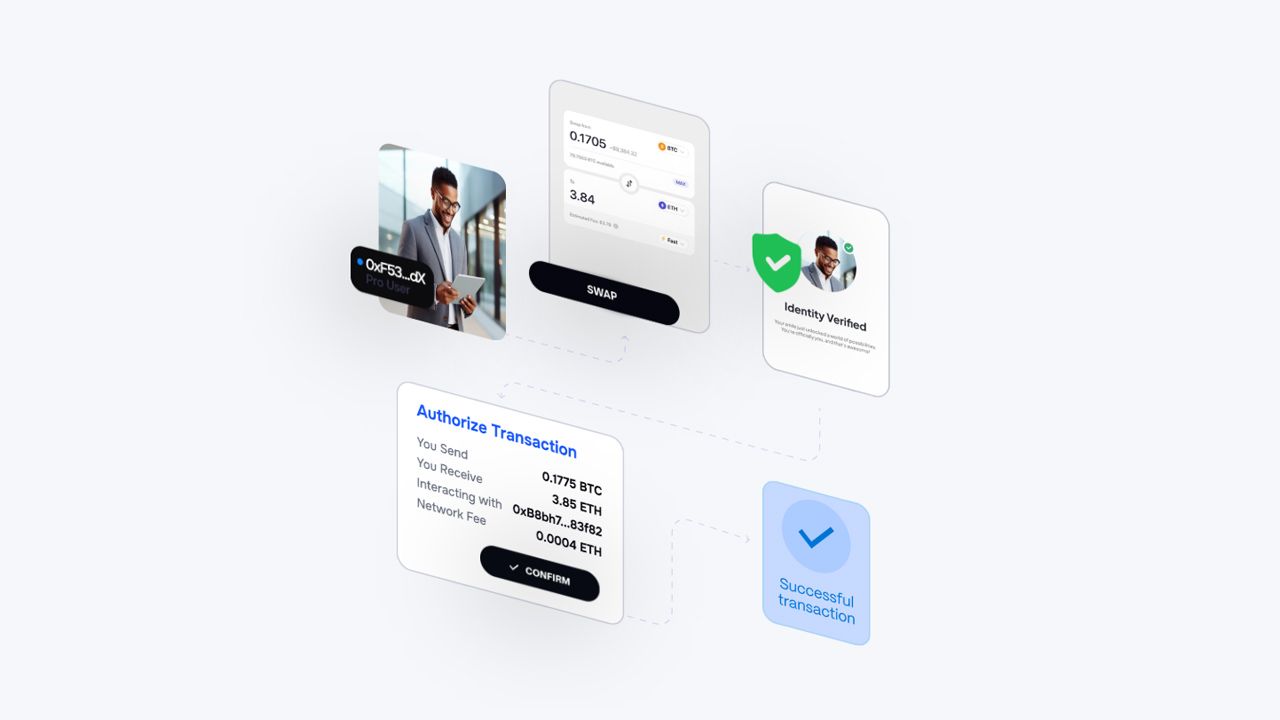When a user initiates a transaction on a blockchain network, the transaction needs to be validated and added to the blockchain ledger. This validation process involves a network of validators, also known as nodes, who compete to add the transaction to the blockchain. Validators perform complex mathematical calculations to validate the transaction and add it to the blockchain.
Validators require computing resources to perform these calculations, and these resources are not free. As a result, validators charge a fee to the user for the validation services they provide. This fee is known as a gas fee, and it is paid in the cryptocurrency that powers the blockchain network, such as Ether on the Ethereum network.
Gas fees are essential to the functioning of the blockchain ecosystem. They incentivize validators to participate in the network and perform the complex calculations required for transaction validation. Without gas fees, validators would not have any incentive to validate transactions, and the blockchain network would grind to a halt.
The fee is determined by the amount of computational resources required to process a transaction, such as the complexity of the smart contract, the size of the data being transferred, and the demand for network resources. The more complex the transaction, the higher the gas fee required to incentivize validators to perform the validation. Similarly, when the network is congested, the gas fee required for a transaction increases as there are more transactions competing for validation.
Gas fees can be a source of frustration for blockchain users, particularly during times of high network congestion. High gas fees can make it expensive to conduct transactions on the blockchain networks with high demand for transaction processing, which makes it interesting to use other networks for different types of transactions or demands.
Different proof of consensus mechanisms, such as Proof of Work (PoW), Proof of Stake (PoS), and Proof of Authority (PoA), have varying effects on gas fees. Regardless of the proof of consensus used, gas fees are a vital component of the blockchain ecosystem. They incentivize validators to participate in the network and ensure the security and stability of the blockchain network and without a sufficient number of validators, the network would be vulnerable to attacks, and transactions would take longer to validate.
About Wireshape
Wireshape is a new and open layer-1 blockchain dedicated to decentralizing global product data, making it useful for consumers to have real, complete, and relevant information about a product before it is purchased, ensuring greater satisfaction by acquiring what was really expected. Wireshape delivers a new product data standard, open and audited by the community. Consumers themselves, as well as manufacturers, are able to suggest and validate the fidelity of product information publicly recorded on the blockchain.







